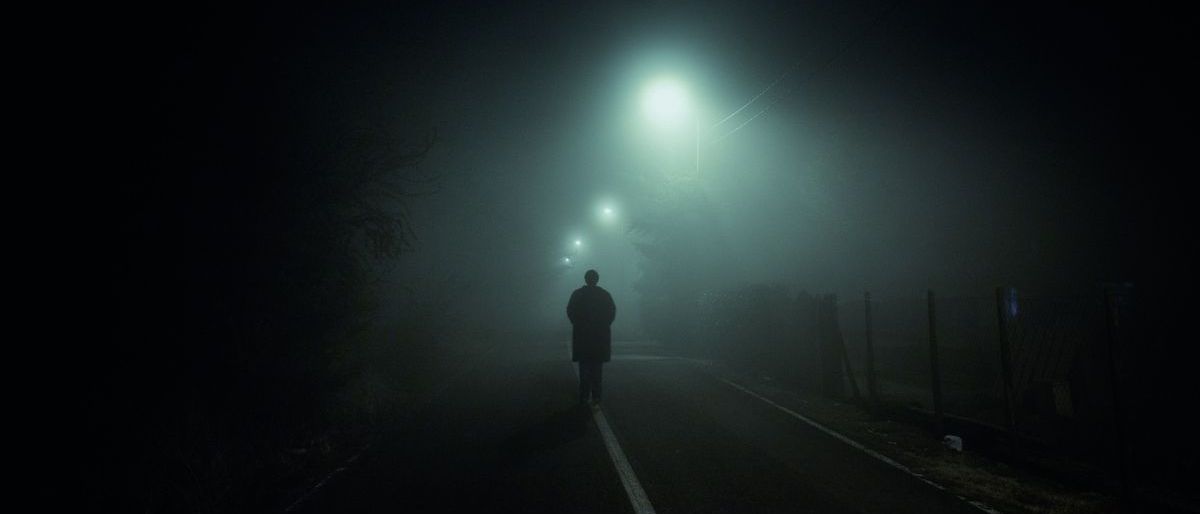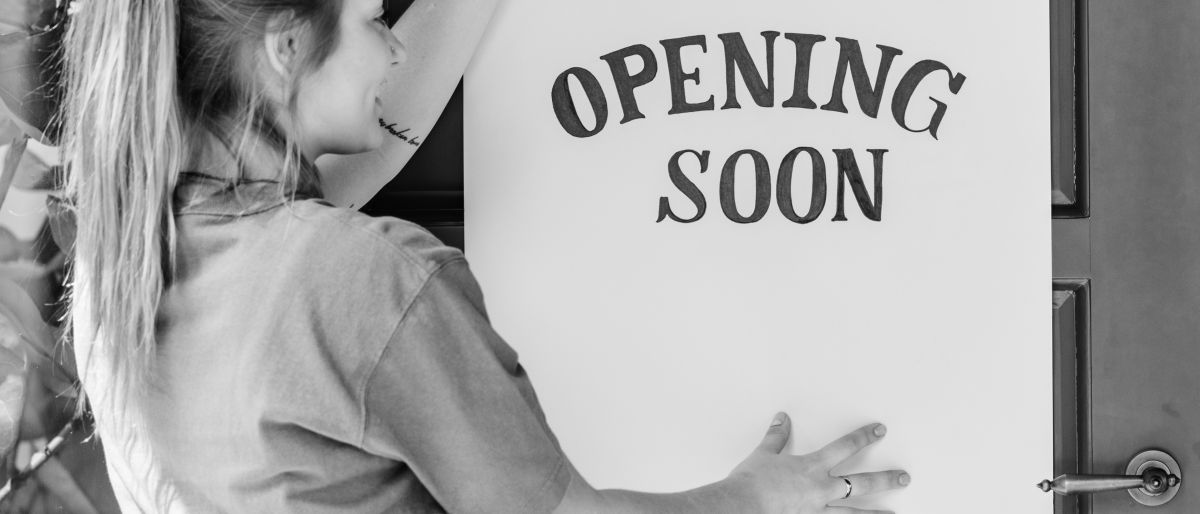 When you think about Creativity, what springs into your head? What is Creativity exactly? Does my question encourage you to think of names of great artists, engineers, philosophers or technologists?
When you think about Creativity, what springs into your head? What is Creativity exactly? Does my question encourage you to think of names of great artists, engineers, philosophers or technologists?
The more down to earth amongst you might like to tell me about your father whose home-brewed beer was ‘extraordinary’ or your grandmother who filled her house with culinary delights whenever you visited.
Are both of these groups of people creative, or neither?
Stay with me as I delve a little into some of the theories regarding creativity.
Theories in this area tend to differentiate Creativity (creativity with a capital “C”) from creativity (creativity with a lowercase “c”).
And what is the difference? The former is basically to do with the ‘big stuff’, the scientists and well-known creative thinkers. The latter is actually much more interesting.
This creativity can take many forms and may even involve nothing more than making a few tweaks to a recipe, directions, or set of instructions. Even though it’s appreciated or experienced only by your circle of friends and family, you feel good about having an impact.
Some common features of creativity include originality, effectiveness, surprise, divergent thinking, and discovery.
You don’t have to be an artist, then, to be creative by standard definitions because you can be an inventor or original thinker in fields such as science and technology. In fact, an artist might not be creative if they simply paint the same things using the same paints and subject matter.
The other question which only popped into my head the other day is ‘for whom is this creative’? To what does this creativity refer?
If I have created an exciting new gadget in my shed, I have been creative. Do I need to show this to people and get their feedback? Is it essential for our creative efforts to be appreciated or commented on to make them creative?
What then happens when others perceive creativity in our efforts? This is beginning to get deep I know but please bear with me.
Let us consider one more idea about creativity. Children are very creative. They turn everyday items into suits of armour and swords and create the most detailed and multicoloured drawings. Is this just childish naivety or do these expressions of creativity have a real meaning?
Creativity research has often detailed primary (self-expressed) and secondary (recognised by others) creativity. Is it actually possible to split creativity like this?
More recent research has brought new ideas to the table. “Primary” creativity that is unique to the individual and “secondary,” which begins when an audience is “in dialogue with” the creator.
So primary creativity contains things like subject matter, medium, and significant outcomes (works of art or inventions).
For secondary creativity, the outcome reaches an audience which, in turn, produces the secondary outcomes. This could be an interpretation or perhaps an experience.
At this point, I shall leave the theory behind but you can see that there are a number of dialogues going on here that can continue for some time.
This has an impact on how we as speakers, trainers, consultants (and even my engineering and accounting friends too) deliver to the world. It is not good enough to dream up an exciting new concept, we have to think about the interactions that will take place as our idea is shown to the world.
Be cautious also, the interactions are not always started by ourselves! Our audiences can be very creative in their responses.

 Much has been made in the press of Dominic Cummings and his desire to appoint ‘weirdos’ to all parts of the Civil Service. I have a couple of articles written a while ago about being a rebel and also appointing them. If you are interested read
Much has been made in the press of Dominic Cummings and his desire to appoint ‘weirdos’ to all parts of the Civil Service. I have a couple of articles written a while ago about being a rebel and also appointing them. If you are interested read 

